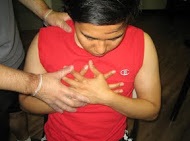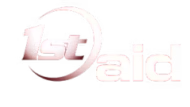Fact Checked
Causes Of Chest Pain
- When you have chest pain, your first thought might be that you are experiencing a heart attack.
- While chest pain is a probable sign of a heart problem, several other, less severe disorders can also cause chest pain.
- Only about 13% of all emergency visits for chest pain lead to a diagnosis of a severe heart-related problem.
Causes of Chest Pain: Heart-Related

- Heart attack.
- Aortic separation—an unusual disorder involving a split of the heart’s main artery.
- Cardiomyopathy—heart muscle disease.
- Myocarditis—swelling of the heart muscle.
- Pericarditis—swelling of the sac surrounding the heart.
- Angina—chest pain due to obstructions in the blood vessels surrounding your heart.
Causes of Chest Pain: Gastrointestinal
- Acid re-flux (also known as heartburn).
- Problems with swallowing connected to disorders of the esophagus.
- Gallstones or swelling of the pancreas or gallbladder.
Causes of Chest Pain Lung-Related
- Pneumothorax – a leak of air from your lung into your chest.
- Viral bronchitis.
- Pneumonia
Causes of Chest Pain: Muscle or Bone
- Injured or broken ribs.
- Aching muscles from physical exertion or chronic pain.
- Compression fracture, placing direct force on a nerve.
Further Causes of Chest Pain
- Shingles—an infection the affects the nerves and skin as caused by the chicken pox virus.
- Panic attack – an unexpected episode of extreme fear when there is no real risk or cause.
Related Video On Chest Pain
